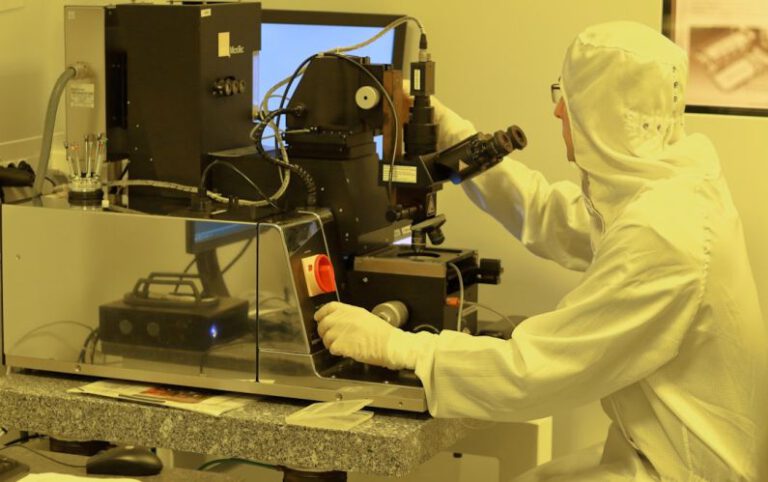How Are Stem Cells Transforming Medical Treatment?
Stem cells have become a revolutionary tool in the field of medicine, offering new hope and possibilities for treating a wide range of diseases and injuries. These unique cells have the remarkable ability to develop into different types of cells in the body, making them a valuable resource for regenerative medicine. From repairing damaged tissues to potentially curing debilitating conditions, the impact of stem cells on medical treatment continues to grow. Let’s delve into how stem cells are transforming the landscape of healthcare.
**Enhancing Regenerative Medicine**
One of the key ways in which stem cells are transforming medical treatment is through regenerative medicine. Stem cells have the capacity to regenerate and repair damaged tissues and organs in the body, offering new avenues for treating conditions that were once considered untreatable. By harnessing the regenerative properties of stem cells, scientists are exploring innovative approaches to treating a variety of diseases, including heart disease, diabetes, and neurological disorders.
**Advancing Research and Development**
Stem cells play a crucial role in advancing research and development in the field of medicine. These cells provide researchers with a unique opportunity to study the mechanisms of disease and test new therapies in a controlled environment. By using stem cells to model diseases and screen potential treatments, scientists can gain valuable insights into how diseases progress and identify new targets for intervention. This accelerated pace of research is helping to drive advancements in personalized medicine and drug discovery.
**Potentially Curing Previously Incurable Conditions**
The potential of stem cells to cure previously incurable conditions is a game-changer in the realm of medical treatment. Stem cell therapies offer hope for conditions such as spinal cord injuries, Parkinson’s disease, and macular degeneration, where traditional treatments have been limited in their effectiveness. By harnessing the regenerative power of stem cells, researchers are working towards developing curative treatments that could significantly improve the quality of life for patients with these debilitating conditions.
**Promoting Tissue Engineering**
Stem cells are also playing a pivotal role in the field of tissue engineering, where scientists are working to create functional tissues and organs in the lab for transplantation. By using stem cells to build complex tissues such as heart muscle or skin, researchers are exploring new ways to address organ shortages and improve outcomes for patients in need of transplants. The ability to engineer tissues using stem cells opens up exciting possibilities for regenerative medicine and organ replacement therapies.
**Challenges and Ethical Considerations**
While the potential of stem cells in transforming medical treatment is vast, there are also challenges and ethical considerations that need to be addressed. One of the main challenges is ensuring the safety and efficacy of stem cell therapies, as well as navigating regulatory hurdles to bring these treatments to the clinic. Additionally, ethical concerns surrounding the use of embryonic stem cells and the implications of altering human genetic material continue to be topics of debate in the scientific community.
**The Future of Stem Cell Therapy**
As research in the field of stem cell therapy continues to progress, the future holds great promise for the integration of stem cells into mainstream medical treatment. From personalized therapies tailored to individual patients to regenerative treatments that can repair damaged tissues, the potential of stem cells to revolutionize healthcare is immense. By addressing the challenges and ethical considerations associated with stem cell research, scientists are paving the way for a future where stem cells play a central role in treating a wide range of diseases and injuries.
In conclusion, the transformative power of stem cells in medical treatment is undeniable. From enhancing regenerative medicine to potentially curing previously incurable conditions, stem cells are reshaping the way we approach healthcare. By advancing research and development, promoting tissue engineering, and addressing ethical considerations, the field of stem cell therapy is poised for continued growth and innovation. As we look towards the future, the integration of stem cells into mainstream medical practice holds the promise of improved outcomes and new possibilities for patients around the world.






